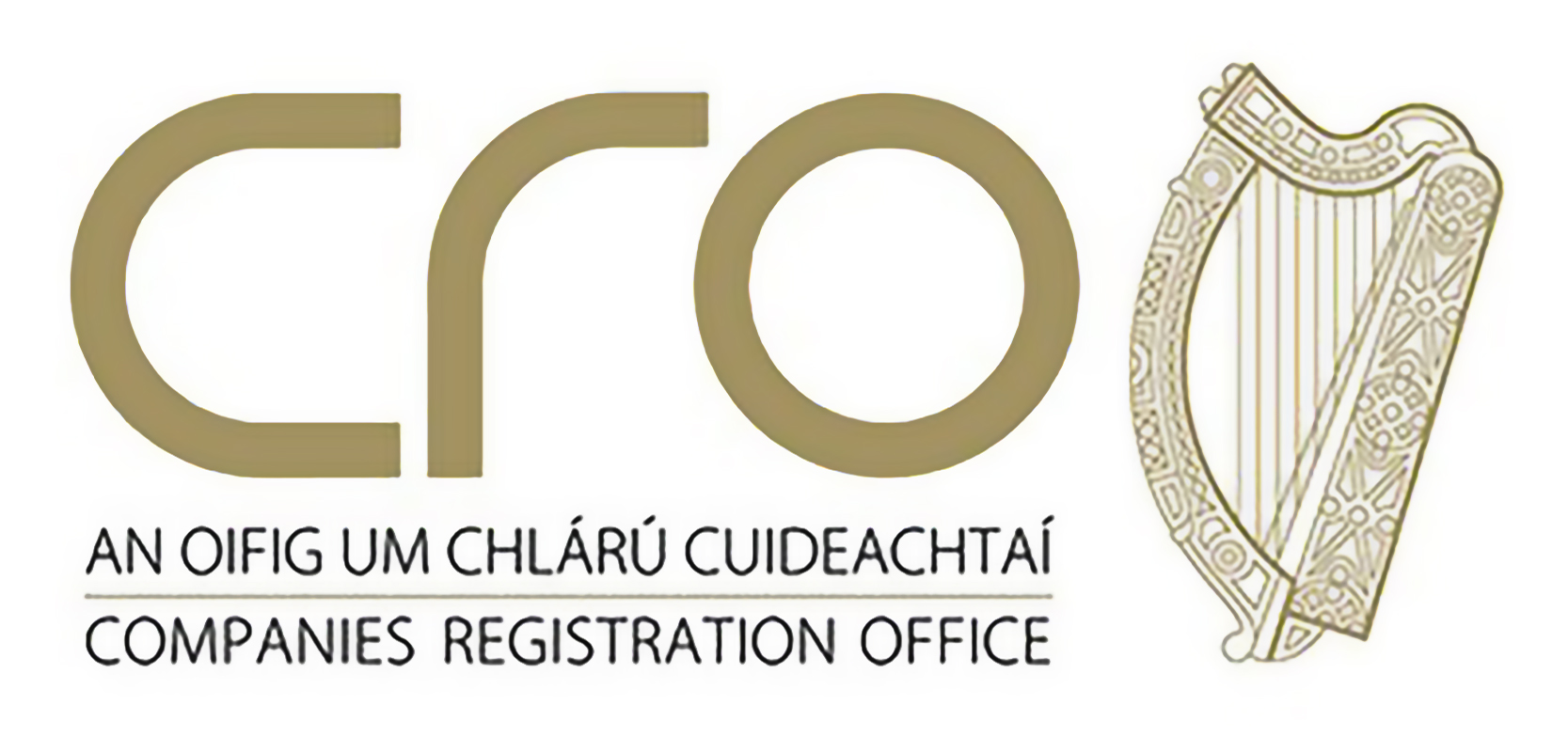What is a petition search?
To better understand what is a ‘petition search’ it is perhaps first worthwhile exploring the nature of petitions, and then specifically address petitions in context to conveyancing.
The core substance of a petition is the lodging of a written legal document formally requesting/ appealing judicial action of some kind, i.e., that a court case be heard. A case may be petitioned for by individuals, or an organisation against a respondent.
Most broadly speaking a petition to the various courts may arise for a multitude of reasons, i.e., in divorce cases, personal injuries cases, bankruptcy, and so on and so forth. However, without the courts first receiving a petition and pleadings (a formal statement outlining one party’s version of events and legal basis for a lawsuit), and the defendant receiving a copy of those documents, then no case can proceed to trial.
However, in specific context of conveyancing searches, we understand here a petition to be a ‘Petition for the winding-up of a company’, which are heard by the High Court. Such petitions (under The Companies Act 2014) are typically lodged in the Central Office, with a copy of the petition also provided to the chancery court registrar.
A petition search accordingly is conducted against these Companies Act matters filed with the Central Office.
What are the reasons for the purchasing solicitor/conveyancer to conduct a petition search while investigating the title for a property/right/interest purchase?
If a company/ legal entity is involved in the conveyancing/ sale of a property/ right/ interest it is important that a petition search is conducted prior to contracts being signed.
Irrespective of it being either voluntarily or involuntarily, if a petition to ‘wind-up’ or ‘liquidate’ a company is lodged with the Central Office the intended outcome is the same, i.e., the cessation of activities, the disbursement of the entities debts and the legal end of the entity in an orderly manner.
As such a petition search against the High Court records may flag whether a liquidator has, or is potentially about to be, appointed against a company or not. If so, then not dissimilar to the appointment of an assignee of bankruptcy, the powers of the directors may become vested elsewhere, i.e., with the liquidator.
The upshot for the company, acting as the seller, is that they would no longer possess the capacity to control or engage in transactions such as sale or mortgage of their real property assets, as they lack the necessary authority.
For this reason, solicitors or conveyancers representing the purchasers must ensure that the property is not subject to liquidation or potential liquidation, and that the sellers still possess the authority and control over the property for the purpose of sale.
How and what to search for on the Petitions search?
As mentioned previously, a petition to voluntarily or involuntarily wind up/ liquidate a company results in the same loss (or potential) loss of control on the legal entity being wound-up.
Therefore, it becomes crucial to conduct Petitions (Companies Act Matters) searches in the Central office against both the plaintiff (usually, but not exclusively, related to a voluntary liquidation) and the defendant (usually, but not exclusively, linked to an involuntary liquidation). The recommeded search format applies as follows:
Seller Names: In practice, a Petitions (Companies Act Matters) search is typically carried out using the name of the entity selling the property (or an interest or a right).
Purchasers Names: Additionally, when the solicitor commits to safeguarding the lender’s interest in cases where a mortgage is involved, searches may also be conducted using the name of the entity purchasing the property/right/interest. For the purchasing solicitor/conveyancer, a matching entry found during a petition search can raise awareness about the loss (or potential loss) of authority by either the selling or purchasing entity of the sale property. This could lead to the premises being saleable only under the supervision of a liquidator, an all of the accopanying inconvenience entailed therein.
For the purchasing solicitor/ conveyancer a matching entry appearing on a petition search can alert them to the loss (or potential loss) of agency of either the selling or purchasing entity of the sale property, and the inconvenience of the premises possibly being saleable only under supervision of a liquidator.
What will the petition search result show me?
As standard Ellis & Ellis petition searches will be conducted against both records for the plaintiffs and the defendants in Companies Act matters and return the following:
MEMBERS’ VOLUNTARY LIQUIDATION: Directors’ voluntary liquidation of a solvent company
CREDITORS’ VOLUNTARY LIQUIDATION: Where a company is insolvent, the creditors’ may pursue a creditors voluntary liquidation to appoint a liquidator or nominate an alternative. A Committee of Inspection may be appointed which will represent both members and creditors’ interests.
COMPULSORY COURT LIQUIDATION: When a creditor has not been paid by its debtor and believes that the company is insolvent and cannot pay the debt owed to them. The High Court may be petitioned to wind up the company. Once the petition is heard, the court may make its decision to wind up. If so, then an Official Liquidator is appointed.
Notice of an appointment of a liquidator will subsequently appear on Companies Registration Office (CRO) records of the entity.
Naturally if a petition search is conducted and no matching entry is found we will clearly state that in our result.
Opt for a reliable Law Search provider.
Given the significant consequences mentioned earlier of either not conducting a search at all or, even worse, conducting an inadequate or erroneous petition search, it is essential for purchasing solicitors/conveyancers to choose a trusted law search provider like Ellis & Ellis.
With our combination of a quick and user-friendly ordering platform at www.ellis.ie, backed by over 130 years of professional expertise, and a commitment to providing a quality after-sales experience, we offer clients an exceptional searching service.
Furthermore, Ellis & Ellis offer Professional Indemnity Cover of €10 million for added peace of mind.
Why not join the thousands of users who rely on Ellis & Ellis to gain a competitive edge?









